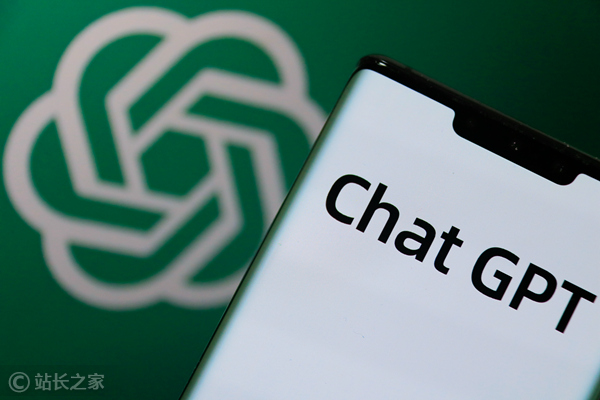ChatGPT's Ghibli-Style AI Art Sparks Copyright Debate
OpenAI's ChatGPT has become embroiled in a copyright controversy following a viral trend where users generated images mimicking the distinctive style of Studio Ghibli animations. The situation escalated when OpenAI began restricting such requests, sparking debates about AI-generated content and intellectual property rights.

The Ghibli-Style Trend and Its Fallout
The trend emerged when users flooded ChatGPT with requests to create images in the style of the legendary Japanese animation studio. OpenAI CEO Sam Altman even humorously referenced the phenomenon on social media, calling himself a "Ghibli-style twink." However, the company soon implemented restrictions on these requests, leading to widespread speculation about potential legal pressures.
Legal Implications for OpenAI
Rob Rosenberg, former Showtime general counsel and AI expert, suggests Studio Ghibli might have valid legal claims against OpenAI. He points to potential violations of the Lanham Act, which covers trademark infringement and unfair competition. "Ghibli could argue that by allowing 'Ghibli-style' transformations, OpenAI is harming their trademark goodwill and potentially causing consumer confusion," Rosenberg explained.
The controversy extends beyond style imitation. OpenAI faces scrutiny over whether it trained its models using copyrighted Ghibli works without permission. This mirrors ongoing lawsuits against the company, including one from the New York Times alleging unauthorized use of copyrighted material for AI training.
The Fair Use Debate
OpenAI maintains that training AI models constitutes fair use under copyright law. However, legal experts note this remains untested in court for most AI applications. Rosenberg predicts future systems may require AI developers to compensate copyright holders when their works contribute to AI outputs.
Broader Impact on Creative Industries
The case highlights growing tensions between AI companies and content creators. Beyond legal issues, Rosenberg warns such features could preempt studios' own monetization opportunities: "If Ghibli planned to offer official style transformations, OpenAI's feature has effectively taken that market."
The situation also raises concerns about potential misrepresentation, as users might pass off AI-generated works as authentic Ghibli productions.
As of now, Studio Ghibli has denied issuing any cease-and-desist notices regarding this matter. However, the case underscores the complex legal landscape emerging around generative AI and intellectual property rights.
Key Points
- ChatGPT users sparked controversy by generating images in Studio Ghibli's distinctive style
- Legal experts suggest Ghibli may have trademark claims against OpenAI under the Lanham Act
- OpenAI faces multiple lawsuits over alleged unauthorized use of copyrighted training data
- The company defends its practices as fair use under copyright law
- The case highlights broader tensions between AI development and creative industries